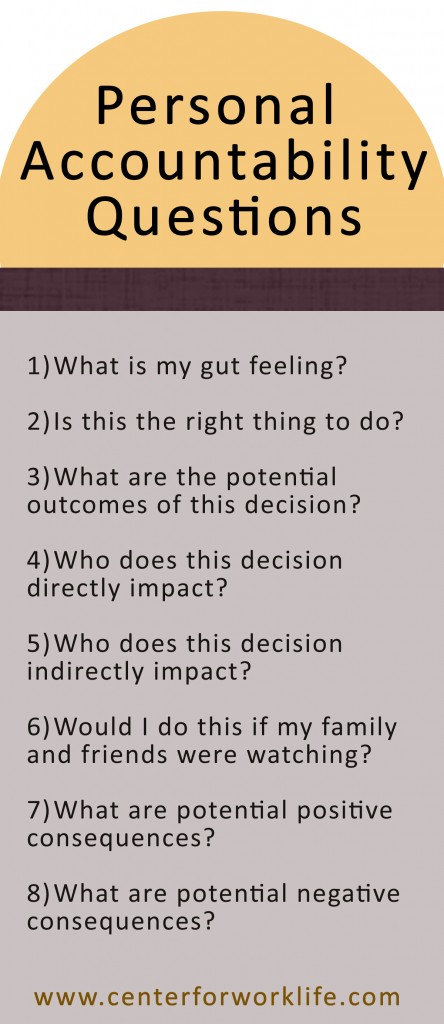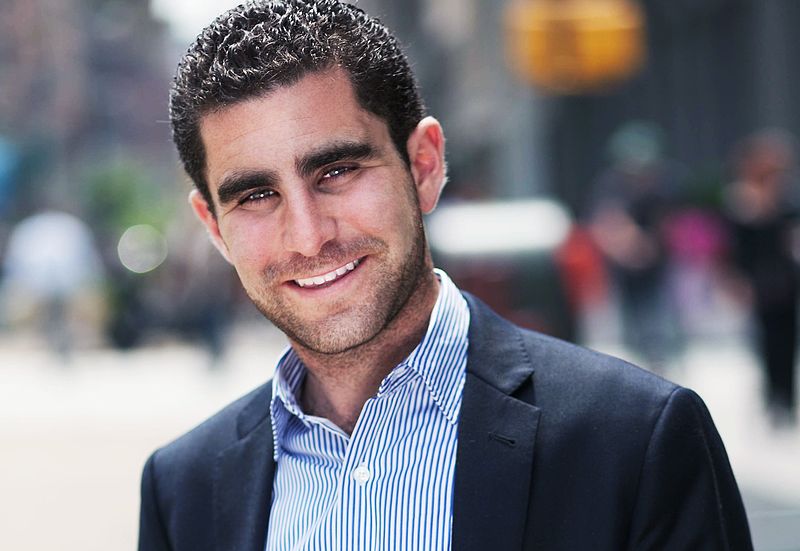Forbes reported that Bitcoin CEO, Charlie Shrem was arrested for money laundering on January 27th, 2014. This came as a disturbing shock to his company, family and friends. In fact, Winklevoss Capital tech investors had previously referred to Shrem’s reputation as impeccable. So how does the leader fall so quickly off the horse? His plight isn’t one unfamiliar to anyone who is acquainted with the struggles of personal accountability. In a BBC news article, writer AL Kennedy discusses the natural human nature to make poor decisions when no one is watching “And I’m not alone in behaving badly when I know I’m unobserved. When psychologists test how people behave with and without oversight, it becomes depressingly clear that if we think nobody’s looking, we don’t even remotely always let our conscience be our guide. And this means we do bad things, sometimes extremely bad things.” He’s referring to our decision to keep the money we found on the ground, run the red light when unobserved or in Shrem’s case, launder money. These poor decisions escalate when people aren’t taught to internally fight off temptations by strengthening emotional intelligence.
When caught in the trap of poor decision making, it’s never easy to change old habits. In fact, it can be a slow and difficult process. But learning to make positive decisions is absolutely crucial. If ignored, the inability to rely on inner strength and intuition will undoubtedly negatively impact work teams, family, friendships or marriage at some point. Personal accountability isn’t always easy. Emotional intelligence training is a highly effective way to deal with this struggle in order to avoid landing in jail like Shrem. To get started down the right road, begin asking the questions below when faced with difficult decisions. Write them down, save them in your phone, or pin them to your mirror. Do what it takes to make a change today, otherwise you will prolong success. Below are some questions to ask when making a difficult decision.
 How to hold yourself accountable:
How to hold yourself accountable:
1) What is my gut feeling?
2) Is this the right thing to do?
3) What are the potential outcomes of this decision?
4) Who does this decision directly impact?
5) Who does this decision indirectly impact?
6) Would I do this if my family and friends were watching?
7) What are potential positive consequences?
8) What are potential negative consequences?
The questions are a great start to building up inner strength and forming good habits. But nobody can attain perfection, it is their effort that counts.
Photo Credit: Cshrem via Wikimedia Commons
Related Reads:
McDonalds Ramsey Social Media Ethics Debate
Winklevosses, Bitcoin Community Shocked By Arrest of BitInstant CEO Charlie Shrem
Strong Arm, Ethical Weakness
This Blog has been featured by the West Orange Chamber of Commerce. Sources such as HLN have also been home to publications by Dr. Farnaz Namin-Hedayati and she has been cited by the Orlando Business Journal.
Center for Work Life of Orlando, Florida is an award-winning executive development firm providing leadership and management training to executives and organizations. Our main services include executive coaching, leadership development, executive succession planning, emotional intelligence training, career planning, staff development, and communication in the workplace.






